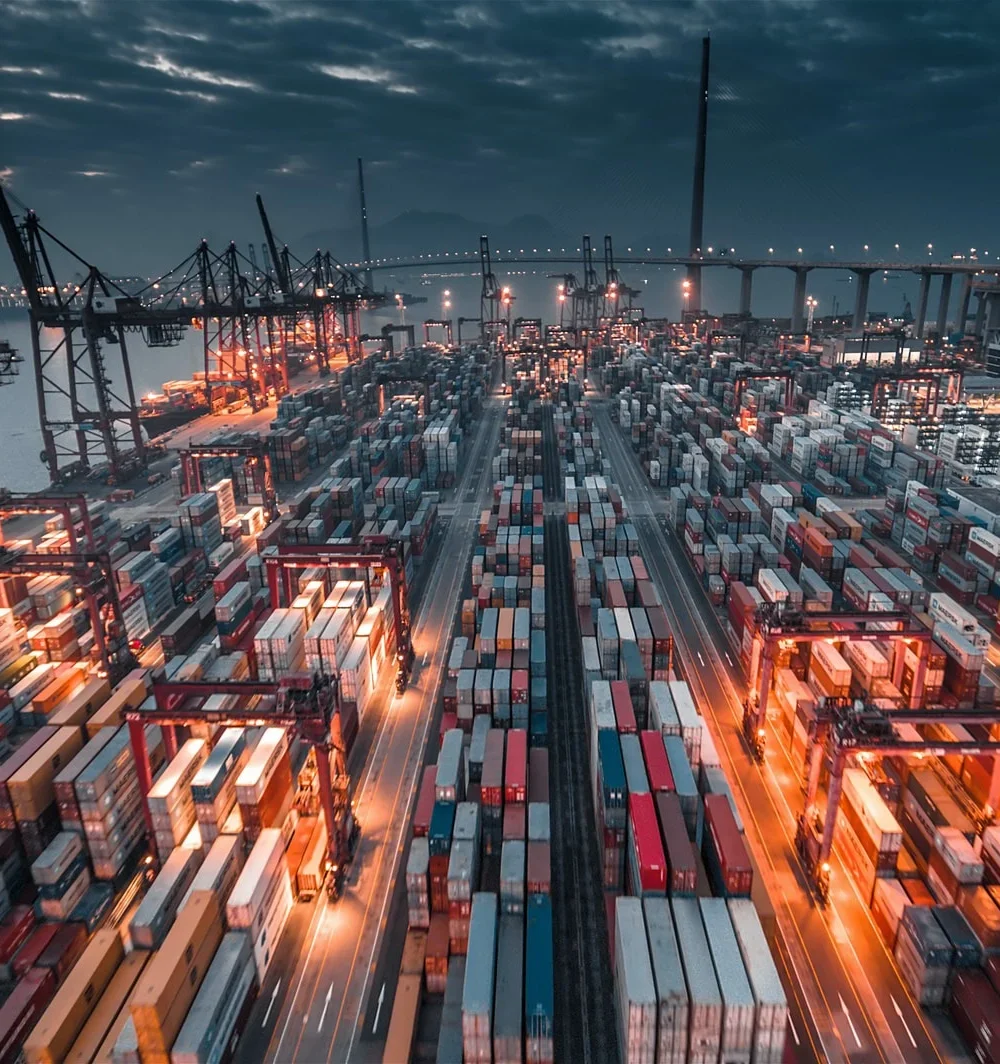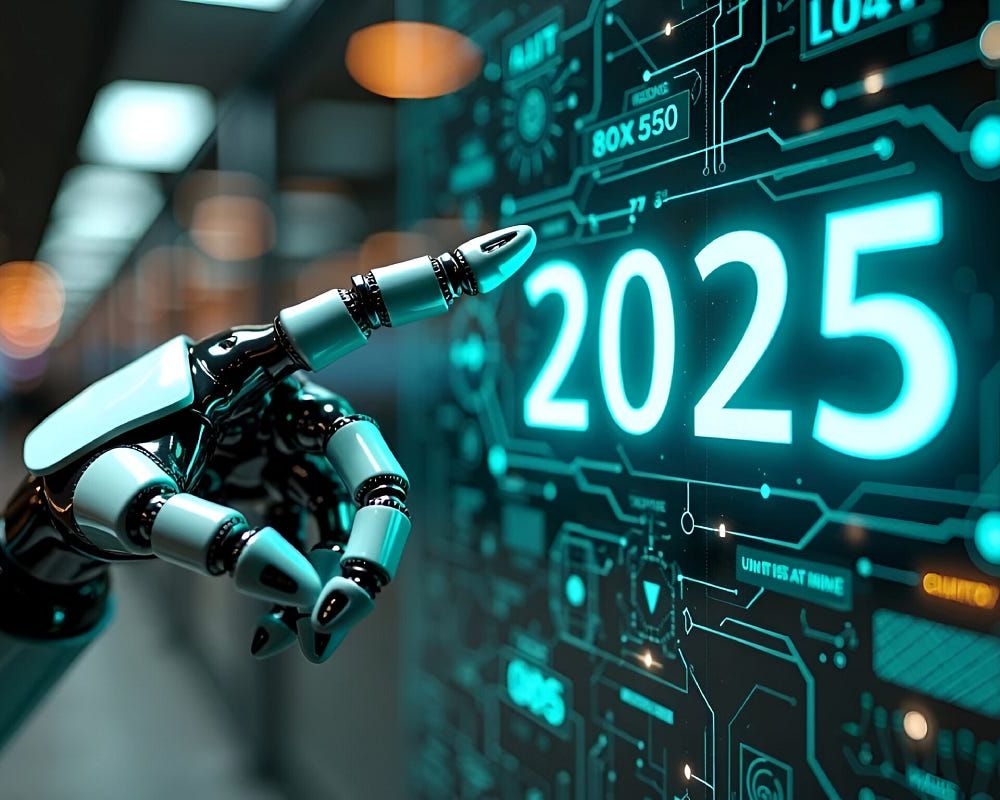The metals
industry, a vital backbone of the global economy, is undergoing a digital
transformation that is reshaping how materials are traded. As digital
platforms, advanced technologies, and data-driven tools become increasingly
integral to operations, the future of digital trading in the metals industry
promises enhanced efficiency, transparency, and connectivity. Platforms like
MetaMetalX are spearheading this revolution, offering innovative solutions that
streamline processes and empower stakeholders.
The Shift Towards Digital
Trading
Historically,
the metals industry has relied on traditional trading methods that involve
manual processes, paper-based documentation, and face-to-face negotiations.
While these methods have stood the test of time, they often lack the speed,
transparency, and scalability required in today’s fast-paced global market.
Digital
trading, on the other hand, leverages online platforms, automation, and data
analytics to revolutionise the way metals are bought and sold. The adoption of
digital trading platforms is driven by several factors:
Globalisation: The need
to connect buyers and sellers across borders in real time.
Efficiency: The
demand for faster transactions and reduced operational costs.
Transparency: The push
for traceability and accountability in sourcing and trading.
Technology: The
availability of advanced tools like blockchain, artificial intelligence
(AI), and the Internet of Things (IoT).
Key Trends Shaping the
Future of Digital Trading in Metals
As the metals
industry embraces digitalisation, several trends are emerging that will shape
its future. Understanding these trends is essential for stakeholders looking to
stay competitive in this evolving landscape.
1.
Blockchain-Enabled Transparency
Blockchain
technology is transforming digital trading by providing secure, transparent,
and immutable records of transactions. In the metals industry, blockchain
ensures traceability, verifies authenticity, and enhances trust among
stakeholders.
Platforms like
MetaMetalX integrate blockchain to create a transparent trading environment
where buyers and sellers can verify the provenance, quality, and compliance of
materials. This level of transparency is particularly valuable for addressing
concerns related to ethical sourcing and sustainability.
2. AI-Driven
Market Insights
Artificial
intelligence is revolutionising how market data is analysed and utilised.
AI-powered algorithms can process vast amounts of data to identify trends,
predict price movements, and optimise trading strategies.
MetaMetalX’s
AI-driven tools provide users with real-time market insights, enabling them to
make informed decisions and respond proactively to market changes. This
capability is especially critical in a volatile market where timing and
accuracy are key to success.
3. IoT-Enhanced
Supply Chain Visibility
The integration
of IoT devices into digital trading platforms is enhancing supply chain
visibility and efficiency. IoT sensors provide real-time data on the location,
condition, and movement of shipments, ensuring that materials reach their
destination on time and in optimal condition.
For example,
MetaMetalX leverages IoT technology to offer users real-time updates on their
shipments, reducing delays and minimising risks associated with supply chain
disruptions.
4. Automation
and Smart Contracts
Automation is
streamlining processes and reducing manual intervention in digital trading.
Smart contracts, powered by blockchain, are self-executing agreements that
automatically enforce the terms of a trade once predefined conditions are met.
MetaMetalX
utilises smart contracts to automate transactions, ensuring accuracy, reducing
administrative costs, and eliminating the risk of disputes. This technology
enables faster and more efficient trading experiences.
5.
Sustainability and Ethical Sourcing
The demand for
sustainable and ethically sourced materials is driving innovation in digital
trading. Digital platforms are incorporating features that allow users to track
the environmental and social impact of their trades.
MetaMetalX’s
blockchain-based solutions ensure that all materials traded on its platform
meet sustainability and ethical sourcing standards. This commitment aligns with
the industry’s shift towards greener and more responsible practices.
Benefits of Digital Trading
in the Metals Industry
The adoption of
digital trading platforms offers numerous advantages for stakeholders in the
metals industry. Here are some of the key benefits:
1. Increased
Efficiency
Digital trading
eliminates time-consuming manual processes and streamlines operations.
Automated workflows, instant transactions, and real-time updates reduce delays
and enhance productivity.
2. Enhanced
Transparency
By leveraging
blockchain and IoT, digital platforms provide a level of transparency that was
previously unattainable. Buyers and sellers can access verifiable data on every
aspect of a trade, from sourcing to delivery.
3. Cost Savings
Digital trading
reduces operational costs by automating processes, minimising errors, and
eliminating the need for intermediaries. These cost savings translate into more
competitive pricing for buyers and higher margins for sellers.
4. Global
Connectivity
Digital
platforms connect stakeholders across borders, enabling seamless international
trade. This connectivity opens up new markets and expands opportunities for
growth.
5. Risk
Mitigation
Advanced
analytics and real-time data help stakeholders identify and mitigate risks,
such as price volatility, supply chain disruptions, and compliance issues.
Predictive tools enable proactive decision-making, reducing exposure to
potential losses.
Challenges in Digital
Trading
While the
future of digital trading is promising, it is not without challenges.
Addressing these issues is crucial for ensuring widespread adoption and
success:
1. Data
Security
The reliance on
digital platforms raises concerns about data security and privacy. Ensuring
robust cybersecurity measures is essential to protect sensitive information and
maintain trust.
2.
Technological Adoption
The adoption of
digital trading requires a cultural shift and investment in technology.
Stakeholders must overcome resistance to change and ensure that employees are
trained to use new tools effectively.
3. Regulatory
Compliance
Navigating
complex regulations related to trade, environmental impact, and data protection
is a significant challenge. Digital platforms must incorporate compliance
features to simplify this process for users.
4. Integration
with Legacy Systems
Many companies
in the metals industry still rely on legacy systems that may not be compatible
with digital platforms. Integrating these systems requires careful planning and
investment.
How MetaMetalX is Shaping
the Future of Digital Trading
MetaMetalX is
at the forefront of the digital trading revolution, offering a comprehensive
platform that addresses the industry’s challenges while unlocking new
opportunities. Here’s how MetaMetalX is shaping the future of digital trading
in the metals industry:
1. Innovative
Technology Integration
MetaMetalX
combines blockchain, AI, and IoT to create a seamless trading experience. These
technologies enhance transparency, efficiency, and connectivity, empowering users
to stay competitive in a rapidly evolving market.
2. User-Centric
Design
The platform’s
intuitive interface and user-friendly features make it accessible to
stakeholders of all levels. From real-time market insights to automated
transactions, MetaMetalX simplifies complex processes and improves user
satisfaction.
3. Commitment
to Sustainability
MetaMetalX’s
focus on sustainability ensures that all trades meet ethical and environmental
standards. By promoting responsible practices, the platform aligns with the
industry’s long-term goals.
4. Global Reach
With tools
designed for international trade, MetaMetalX connects users across borders,
facilitating seamless cross-border transactions and expanding market
opportunities.
The Future of Digital
Trading
The digital
transformation of the metals industry is still in its early stages, but the
potential is immense. As technologies continue to evolve, the future of digital
trading will be characterised by:
Greater Automation:
Advanced AI and machine learning tools will further automate processes,
reducing manual intervention and increasing efficiency.
Enhanced Personalisation:
Platforms will offer tailored solutions based on user preferences and
trading history.
Improved Sustainability:
Digital platforms will play a key role in promoting sustainability through
traceability, recycling initiatives, and reduced environmental impact.
Global Collaboration:
Increased collaboration among industry players, governments, and
technology providers will drive innovation and standardisation.
Conclusion
The future of
digital trading in the metals industry is bright, driven by technological
advancements and the need for efficiency, transparency, and sustainability.
Platforms like MetaMetalX are leading the way, offering innovative solutions
that empower stakeholders to navigate the complexities of the market with
confidence.
As the industry
continues to evolve, embracing digital trading will be essential for staying
competitive and achieving long-term success. With its cutting-edge tools and
commitment to innovation, MetaMetalX is not just adapting to the future—it is
shaping it.
The Future of Digital Trading in the Metals Industry
0
Comments
Likes
Clear Filters





